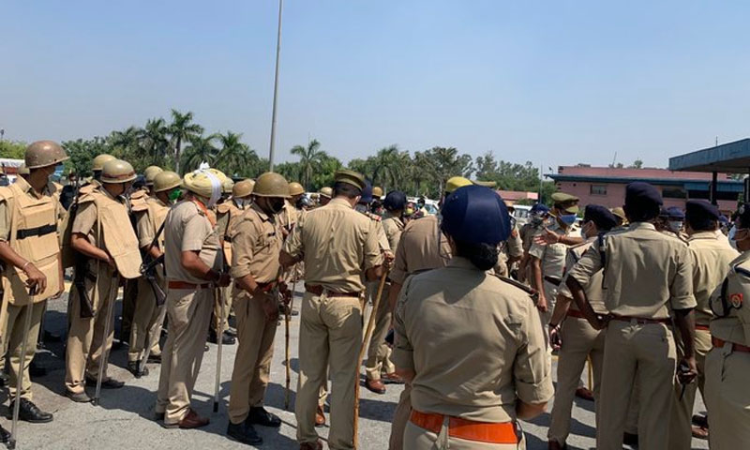UP Police Disregarding Supreme Court's Shreya Singhal Verdict By Registering FIRs Under Section 66A IT Act
Ashok Kini
26 Nov 2020 12:46 PM IST

Next Story
26 Nov 2020 12:46 PM IST
The Uttar Pradesh Police seems to be still ignorant of the 2015 Shreya Singhal judgment by the Supreme Court which quashed Section 66A of the Information Technology Act as unconstitutional, despite repeated reminders by the Allahabad High Court.Last week, the Allahabad High Court, quashed yet another such FIR (registered last year) under Section 66A against a person. The bench comprising...
